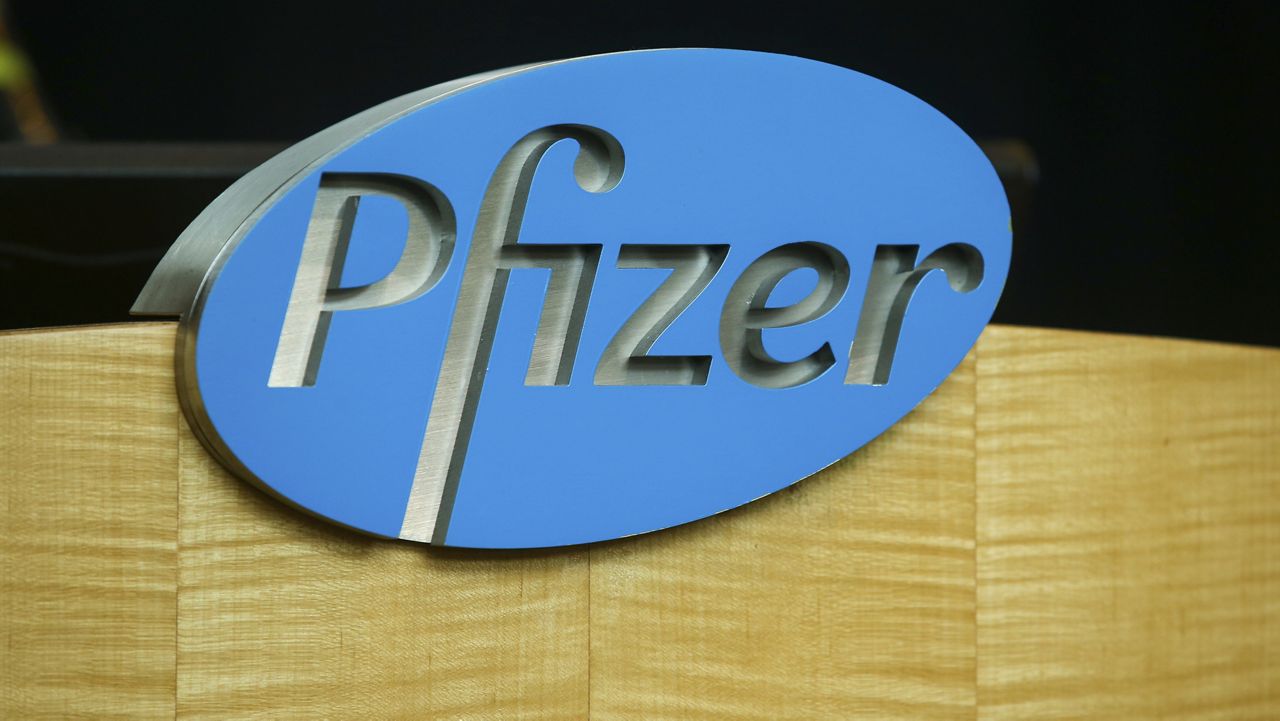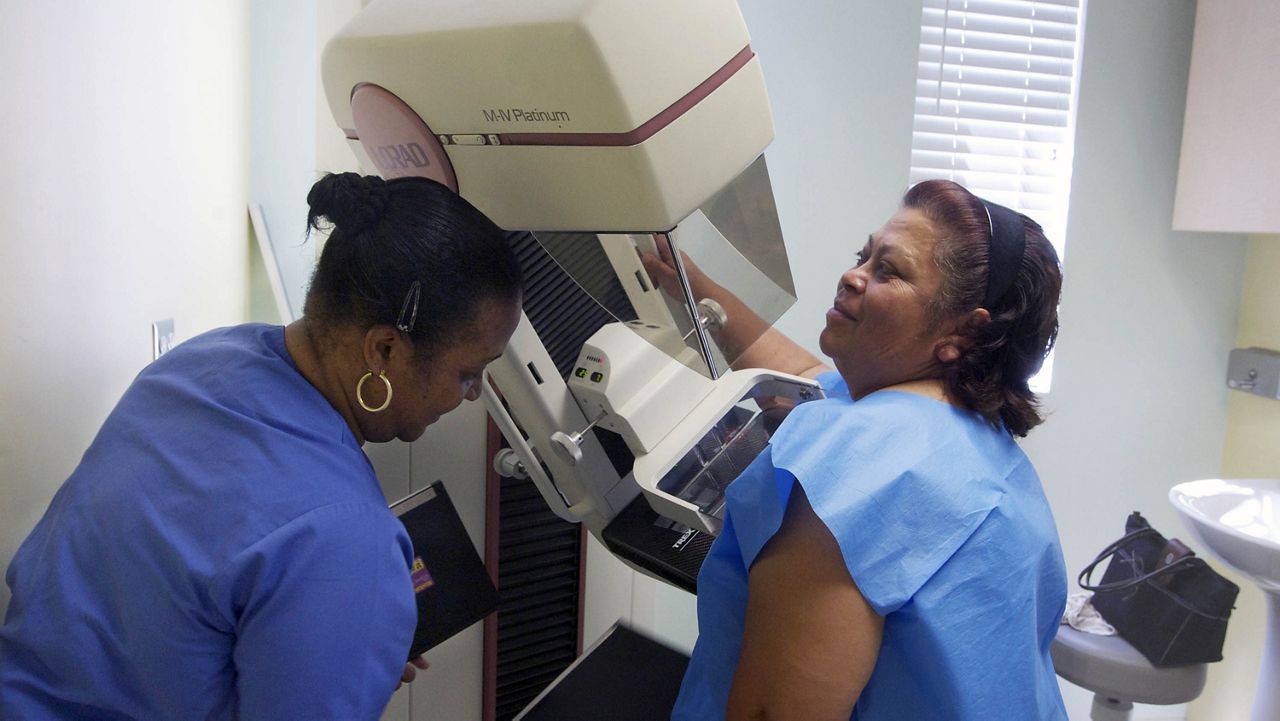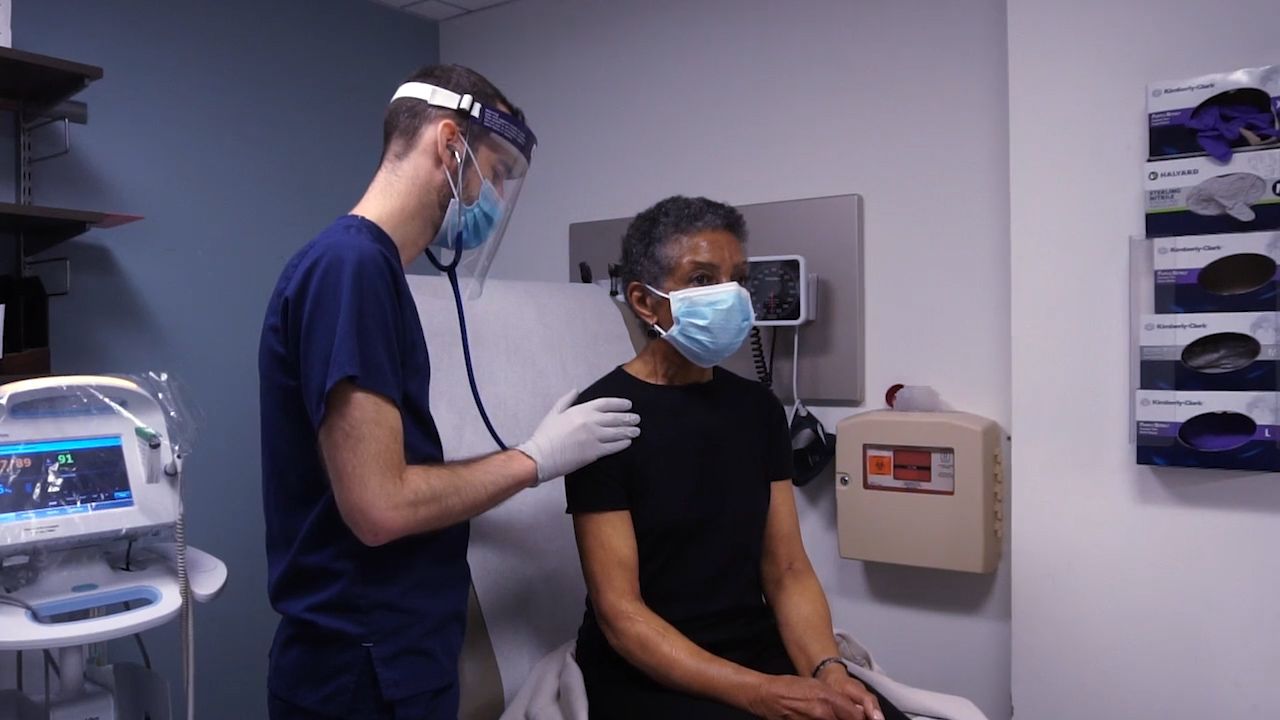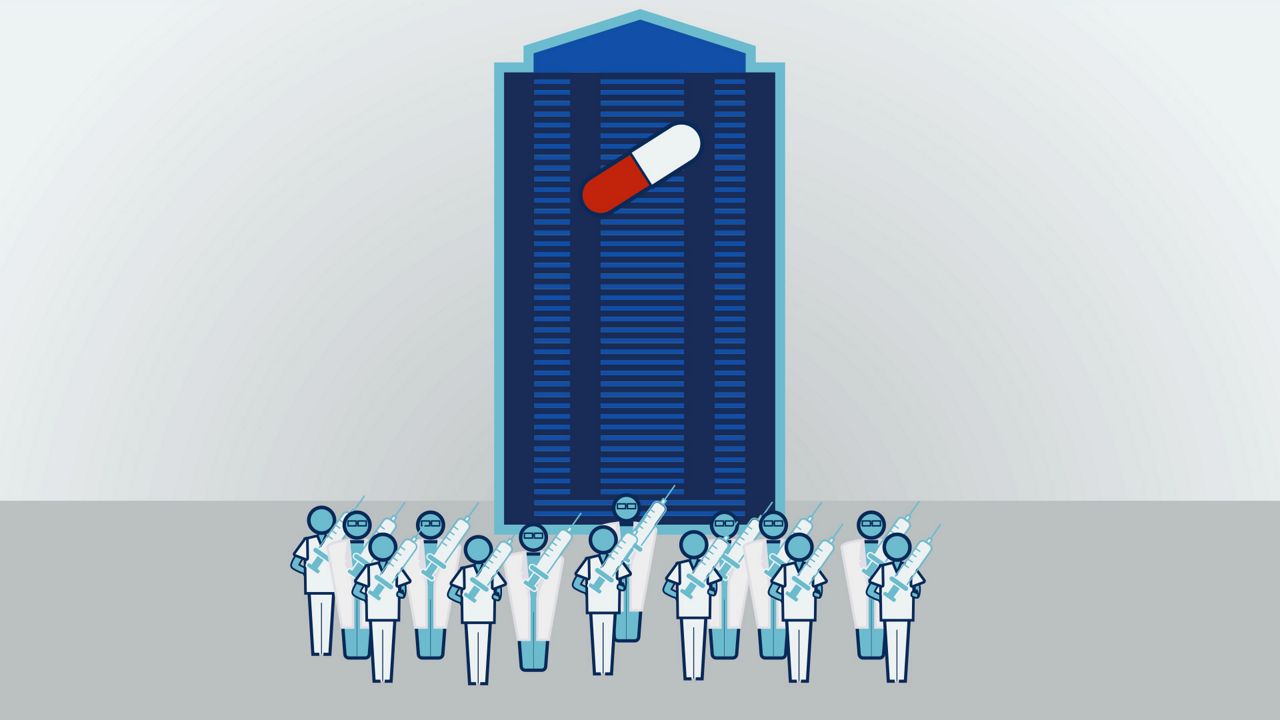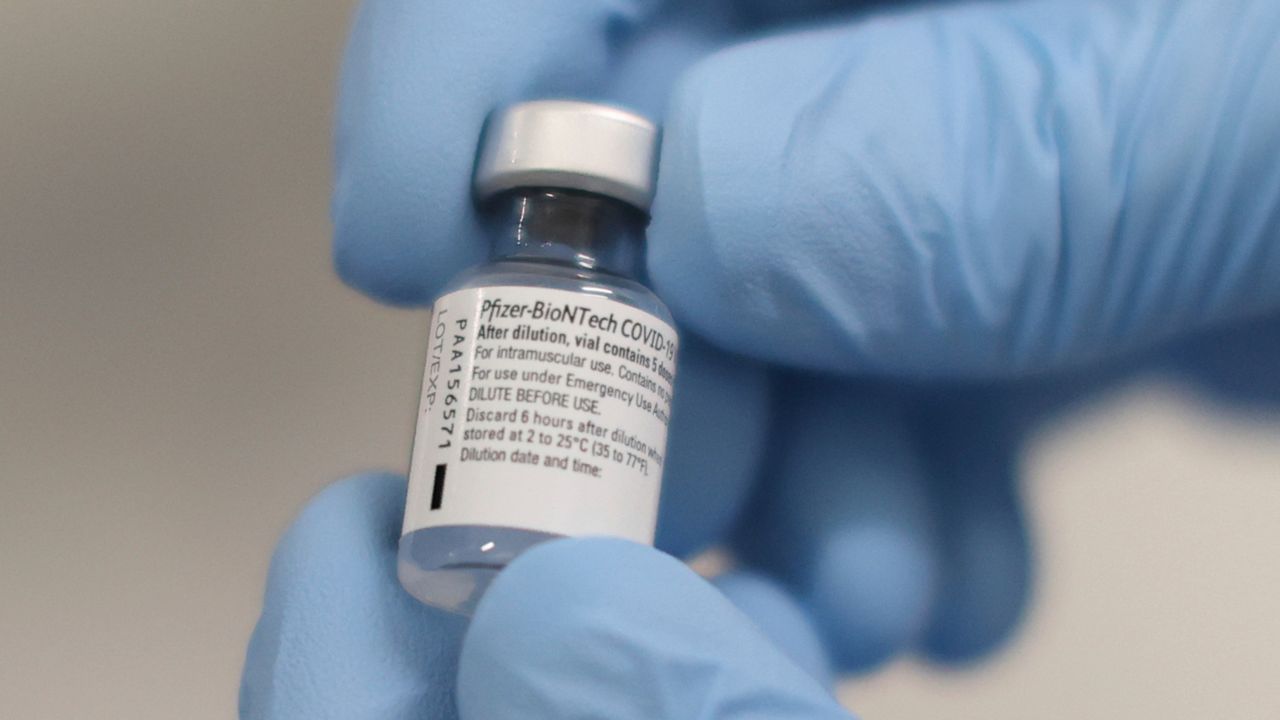Canada approved Pfizer's COVID-19 vaccine on Wednesday, becoming the third country in the world to do so behind the United Kingdom and Bahrain.
“Health Canada received Pfizer's submission on October 9, 2020 and after a thorough, independent review of the evidence, Health Canada has determined that the Pfizer-BioNTech vaccine meets the Department's stringent safety, efficacy and quality requirements for use in Canada,” the country's federal health policy organization said in a statement.
In addition to the authorzation announcement, Health Canada published a series of documents related to the decision, as well as an explanation of how it works and how it is given.
"Canadians can feel confident that the review process was rigorous and that we have strong monitoring systems in place," the statement continued. "Health Canada and the Public Health Agency of Canada will closely monitor the safety of the vaccine once it is on the market and will not hesitate to take action if any safety concerns are identified."
Canada is set to receive up to 249,000 doses this month and Canadian officials expect to administer them within days.
Pfizer and BioNTech said they would initially supply Canada with 20 million doses of the vaccine through 2021, with the option to buy 56 million more.
Health Canada said the vaccine is for use in people 16 years of age or older, but noted Pfizer-BioNTech are running further clinical trials on children of all age groups and that could change.
“It is encouraging to see that our mRNA vaccine is now authorized in Canada. Following U.K. and Bahrain, it is the third country to approve use of our vaccine within a week,” said Sean Marett, BioNTech’s chief business and chief commercial officer.
“This is phenomenal news for all Canadians as we take the next step toward ending this pandemic. As soon as vaccines arrive on Ontario soil, we will be ready to deliver and administer them,” Ontario Premier Doug Ford said in a tweet.
Canada has contracts with six other vaccine makers as well.
Pfizer and its German partner BioNTech previously reported the shots appear 95% effective at preventing mild to severe COVID-19 disease in a large, ongoing study. That’s based on the first 170 infections detected. Only eight of the infections were among volunteers given the real vaccine while the rest had received a dummy shot.
That was measured soon after study participants got their second dose. Still unknown is how long that protection lasts. “We’re looking at the best possible data,” Dr. Paul Offit of Children’s Hospital of Philadelphia and an FDA adviser recently cautioned. “People worry, reasonably, how about six months later?”
Documents released by the Food and Drug Administration Tuesday confirmed that Pfizer and BioNTech’s COVID-19 vaccine was strongly protective against COVID-19 – offering the world’s first detailed look at the evidence behind the shots.
The FDA posted its analysis online as the United Kingdom on Tuesday began vaccinating its oldest citizens with the Pfizer-BioNTech shots.
On Thursday, the FDA will convene what’s essentially a science court that will debate – in public and live-streamed – just how strong the data backing the shots really is.
A panel of independent scientists will pick apart the FDA’s first-pass review before recommending whether the vaccine appears safe and effective enough for millions of Americans. The FDA, which typically follows the committee’s advice, is expected to issue a decision in the days following the review. If given the green light, the first recipients would be health care workers and nursing home residents according to plans laid out by each state.
Emergency vaccinations could begin before Pfizer’s 44,000-person study is complete, and answering some of those questions will require keeping that study going. Health authorities are wrestling with how to do so in a way that’s fair to placebo recipients who justifiably would want to get the real vaccine.
That access “is top of mind for many,” Pfizer and BioNTech recently wrote trial participants. The companies said they’re exploring ways to let placebo recipients switch to the vaccine group once they meet eligibility criteria for early access — if they’re health workers, for instance, or when the line opens for other essential workers or people over age 65.
On the safety front, study volunteers will be monitored for two years but even studies of tens of thousands of people can’t spot a complication that only strikes 1 in a million. So the government also is gearing up for unprecedented monitoring of recipients once emergency vaccinations get underway.
The Associated Press contributed to this report.





